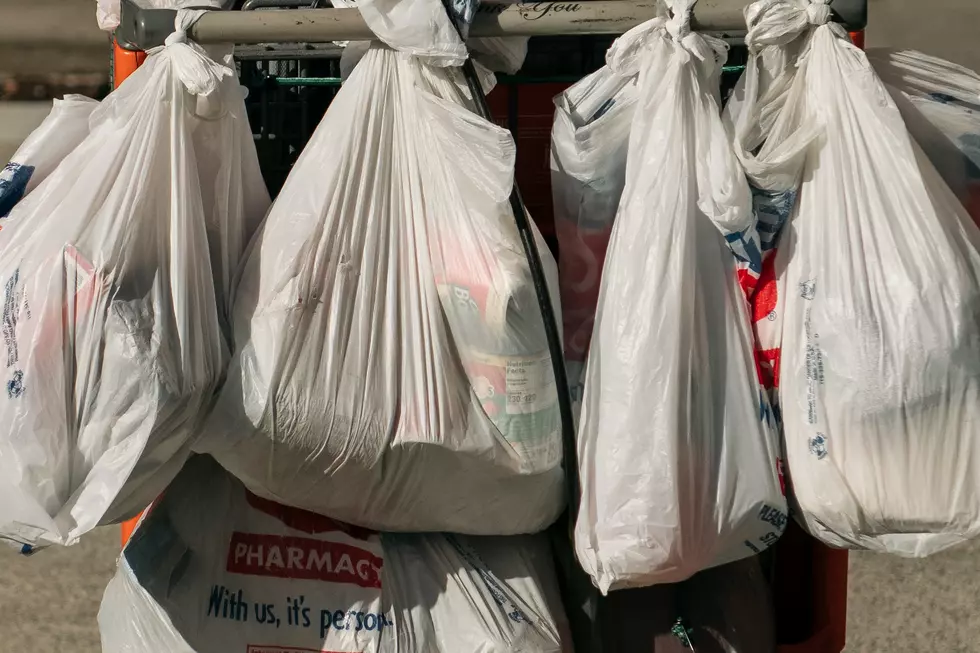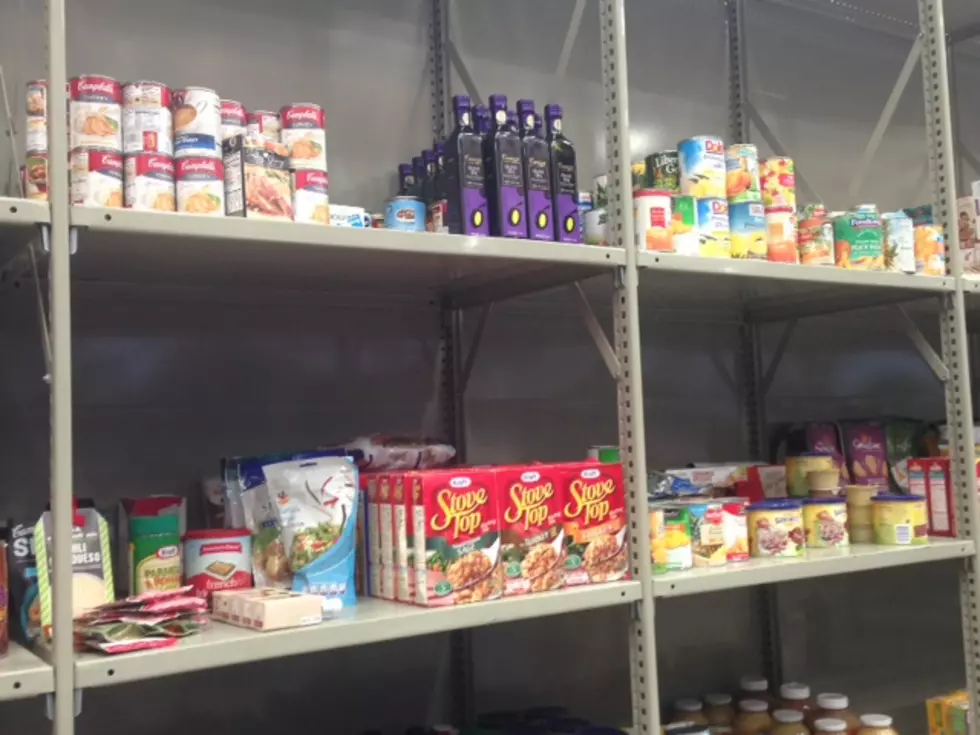
NJ food banks praise national guidelines for healthier operation
With concerns mounting over an anticipated uptick in food insecurity, guidelines released this week by a panel of health experts aim to improve the nutritional quality of the meals and items provided to individuals and families through food banks and pantries.
Food banks in the Garden State say the recommendations fall in line with the way they've been advancing their own systems over the years.
The guidelines, which attempt to limit the consumption of saturated fat, sodium and added sugar, create a tiered system that dictates which items should be chosen for distribution often, sometimes or hardly ever. With the system in place, those in need would ideally get more access to healthier food choices such as lean proteins, whole grains and fruits and vegetables.
"These are guidelines that are smart, they're a good idea, and they're things that we've been doing for years," said Kim Guadagno, president and CEO of Fulfill, a food bank for Monmouth and Ocean counties.
For close to 10 years, Guadagno said, Fulfill has had a dietitian on staff that reads the labels of every item coming into the food bank. Based on an item's nutritional value, it could be rejected if it has not yet been accepted by Fulfill.
The new guidelines, she said, create a national standard that all banks and pantries can follow if they wish to do so.
Released on March 2, the guidelines are the product of a panel of experts convened by Healthy Eating Research, a Robert Wood Johnson Foundation-funded nutrition research program based at Duke University.
"By providing the charitable food system with a clear set of recommendations to increase their selection of healthy food items, we are helping to ensure that families and individuals who depend on their local food banks and pantries to get enough to eat can more easily access healthier products," said Mary Story, Program Director of Healthy Eating Research.
The groups involved note food insecurity throughout the nation is likely to increase due to proposed and final rules for the Supplemental Nutrition Assistance Program that would make millions of people ineligible for assistance.
To reach its end goal, the expert panel reviewed other nutrition guidelines used by pantries and banks. Experts had to take into account the increased cost of providing healthier foods, and limited access to cold storage for perishable items, among other potential obstacles to improving nutritional quality.
Carlos Rodriguez, president and CEO of the Community FoodBank of New Jersey, said the operation has been working over the last number of years to secure a more nutritious inventory at the Hillside and Egg Harbor Twp. locations, while at the same time educating the public about nutritional value.
"Last year alone we distributed enough food for over 51 million meals," Rodriguez said. "Over 25% of the product was fresh produce, and that's an increase over the last few years."
Rodriguez said the Community Foodbank is looking to "operationalize" the evidence-based guidelines released by Healthy Eating Research.
More from New Jersey 101.5:
Contact reporter Dino Flammia at dino.flammia@townsquaremedia.com.
More From New Jersey 101.5 FM









